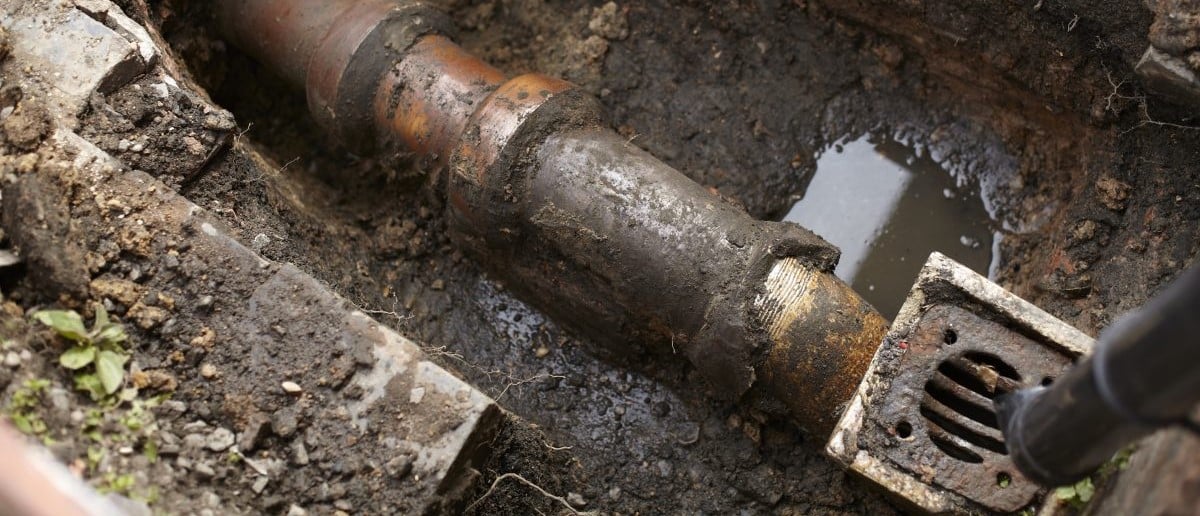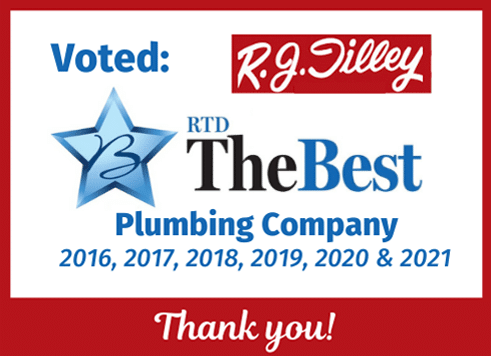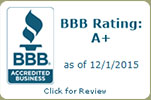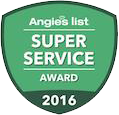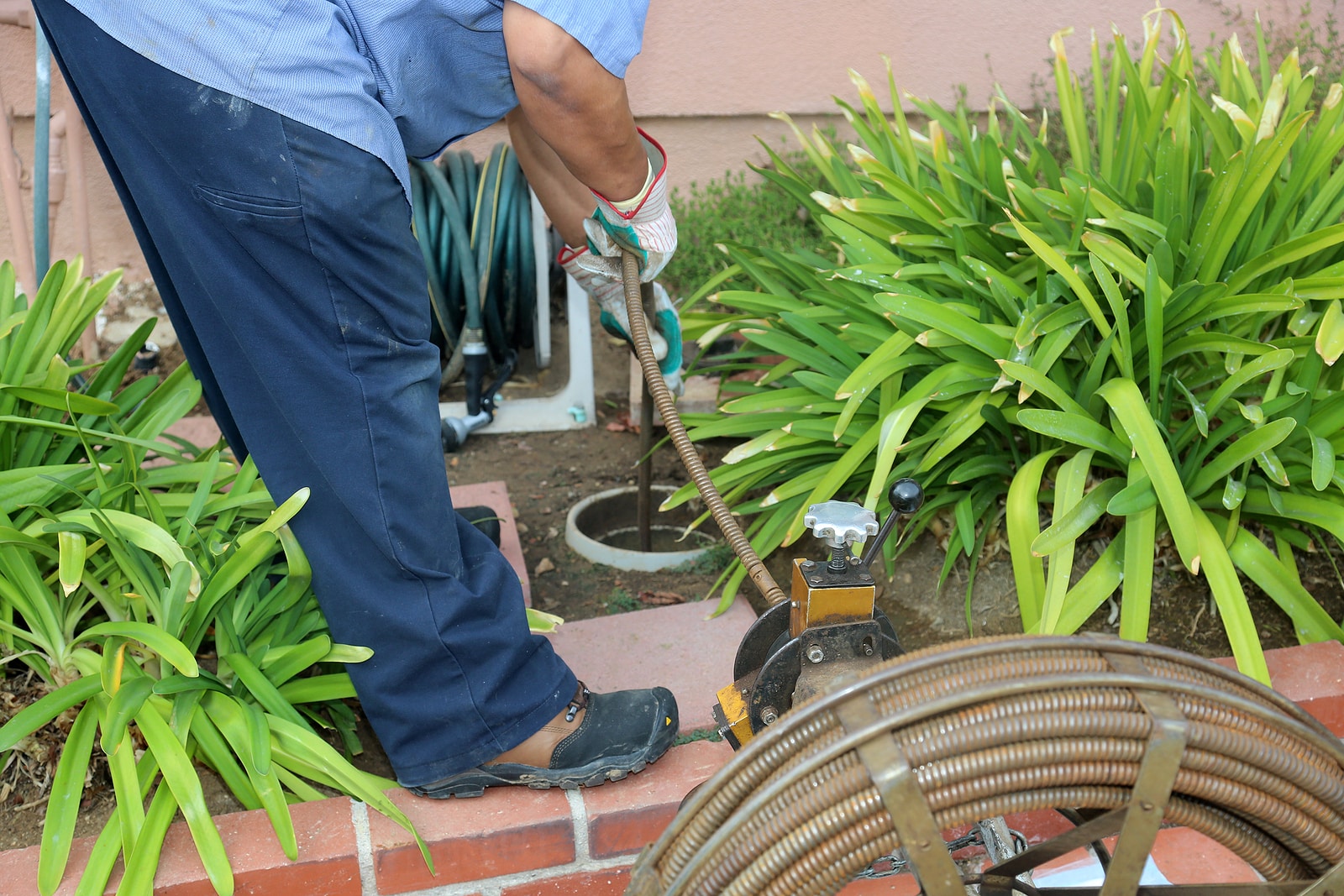
Your main sewer line moves waste from your toilet, sinks, and bathtubs toward the sewer and away from your home. This plumbing line can become clogged for different reasons, which puts you at risk of having sewage and wastewater back up into your home.
Since main sewer line clogs can cause severe damage, along with health risks, it’s important to know how to recognize clogs and what to do about them.
Signs Of A Main Sewer Line Clog
How can you tell if you have a main sewer line clog?
If you have any of the following signs, you might have a blockage or clog in your sewer line:
Two or more slow drains
Having one slow drain in your home isn’t that unusual and can generally be removed with a plunger if it’s a minor clog. However, having two or more slow drains in your home can indicate that the clog is in your sewer line.
If you’re unable to unclog these drains on your own, you might need to have the professionals at R.J. Tilley check for a sewer line clog.
Two or more clogged fixtures
When more than one of your sinks, toilets, or tubs are clogged, you might have a clogged sewer line. Keep in mind that you might notice clogs first with your toilets since these tend to have the largest drain lines and a more direct connection to the sewer.
Sewage odors
Unpleasant odors from sewage or wastewater can seep into your home if there’s a clog in your sewer line.
Water backing up in fixtures
If you have a main sewer line clog, you may have water back up into certain fixtures, such as your bathtub or shower drain, when you flush your toilet. This is because the water is unable to flow through the sewer line.
Bubbling toilet
When the water in your toilet bubbles while you’re running the bathroom sink, you might have a clogged sewer line. Bubbles form from the air that becomes stuck in your plumbing due to the clog. The water level in your toilet might also go up while you run the sink.
Wet outdoor patch
If your sewer line has a partial blockage, the water might seep into the soil in your yard. If this happens, you’ll notice a patch of yard that always looks wet or damp, even when it hasn’t rained.
Causes Of Clogged Sewer Lines
What might cause a clogged sewer line in your home?
This kind of clog can happen for a variety of reasons, including the following:
Household items
If certain items get into your sewer line, they can end up causing a blockage.
For example, baby wipes that are flushed down the toilet, large pieces of food that end up in the sink, or a buildup of oil or grease in pipes can all cause a sewer line clog.
Outside causes
In some cases, it’s possible external elements can interfere with your sewer line and cause a blockage to occur. Soil may shift around your sewer line causing damage, or it may be rocks or tree roots to blame.
Cast iron pipes
These types of pipes, which are usually found in older homes, break down over time. This deterioration can cause main sewer lines clogs to develop as the interior surfaces of these pipes become rougher.
When this happens, debris gets trapped or caught more easily inside the pipes.
Main Sewer Line Repair Process
Removing a sewer line clog can be a simple or more complex process depending on the severity of blockage along with other factors.
It’s best to leave sewer line repairs to professional plumbers. Plumbers use video inspections to determine if it’s clogged and where the blockage is located. Additionally, they can use mechanical drain clearing equipment and jets to remove the clog.
When To Replace Your Sewer Line
In some cases, it makes more sense to replace your sewer line rather than have it repaired. Here’s when you might want to consider a replacement over a repair job:
Old sewage pipes
If you have older pipes, such as pipes that are more than 50 years old, you should consider having them replaced.
Frequent or ongoing clogs
If you keep dealing with main sewer line clogs, it might be damaged or worn out. If it’s damaged beyond repair, it makes more sense to replace it instead of having frequent repairs performed.
Handling A Main Sewer Line Clog
If you have any signs of a main sewer line clog, you should have the professional plumbers at R.J. Tilley conduct an inspection as soon as possible. This will reduce the risk of sewage backing up into your home or severe water damage.
At R.J. Tilley, we can fix that! We offer prompt and reliable plumbing services for homeowners in the Richmond area, including emergency main sewer line repair and replacement.

